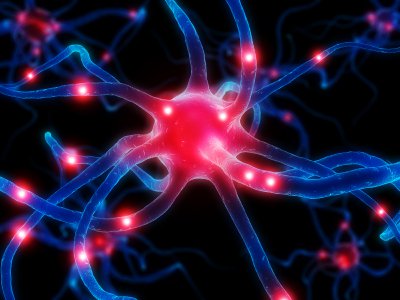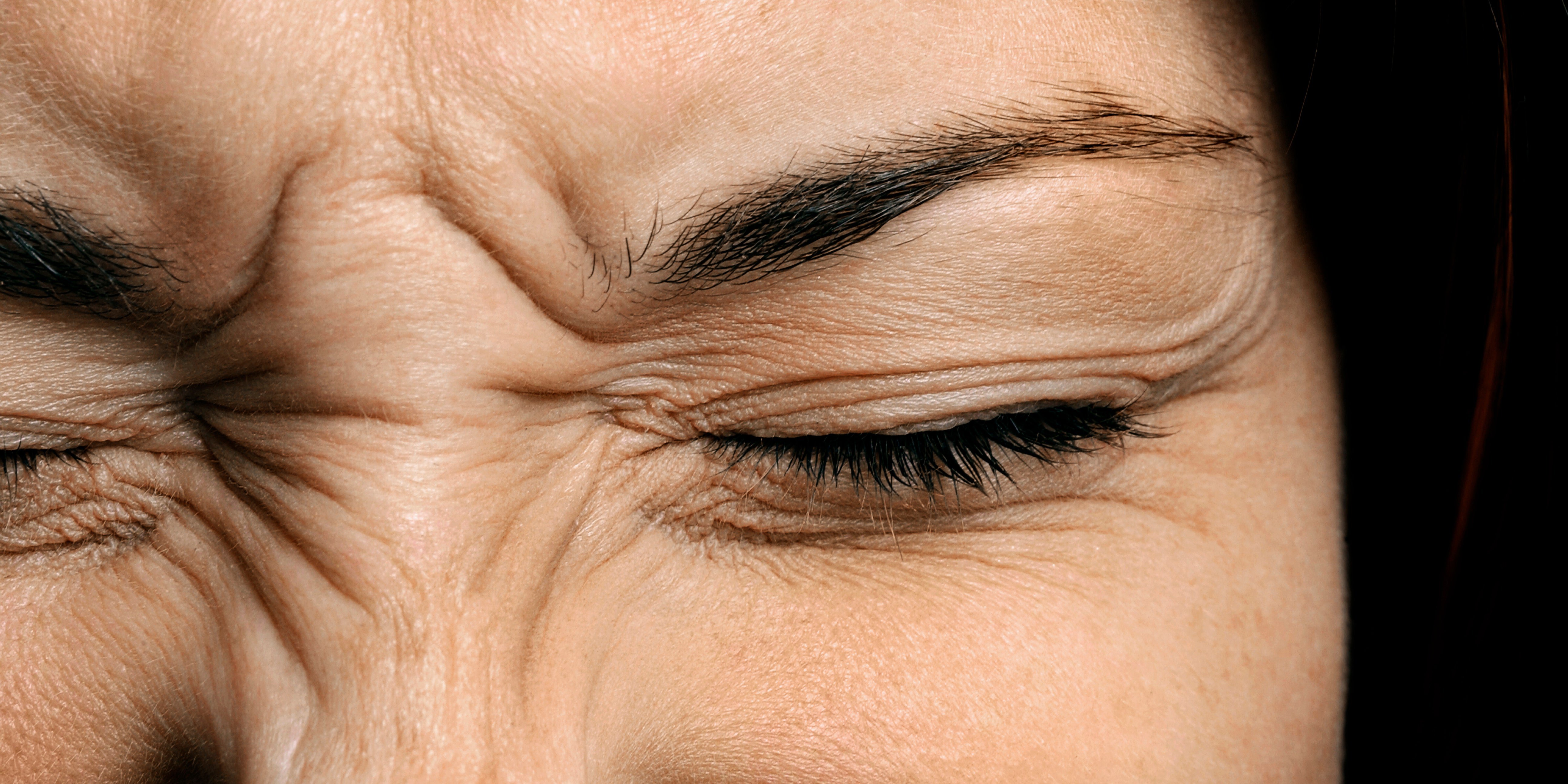Most of us are familiar with the uncomfortable throbbing around our forehead, popularly known as headache. And no, I’m not talking about the headache caused by your boss calling you up on a weekend or the one you wake up with after a good Friday night. I’m talking about the one which is caused by stress or lack of movement or diet, etc.
These headaches are often indicative of something else that might be going on in our bodies. So, here’s a list of 10 such types of headaches you should never ignore.
1) Tension Headache

As the name suggests, this type of headache is caused by muscle contractions in the head or neck region.These contractions can be caused by a variety of reasons such as food, physical activities, stressors, etc. Symptoms include a dull, aching sensation all over your head and might also cause a feeling of tenderness or sensitivity around your neck, forehead, scalp, or shoulder muscles.
2) Migraine

This type of headache is defined by intense pulsing and throbbing from deep inside your head and is usually one-sided. It often makes people sensitive to light and sound. The pain may last for days thus limiting your daily routine. Usually inducing nausea and vomit, migraine headaches may be hereditary with women being three times more susceptible than men.
3) Hormone Headaches

Caused due to hormonal fluctuations resulting in variation of estrogen levels, these headaches are more common in women. Primary causes include menstruation, birth control pills, pregnancy, etc. It is estimated that 60% of women suffering from migraine have headaches associated with their menstrual cycle which are known as menstrual migraines.
4) Hypertension Headaches

Results of high blood pressure, these headaches are often an emergency signal. Occurring on both sides of the head, these headaches may also lead to numbness or tingling, nosebleeds, chest pain, or shortness of breath.
5) Allergy or Sinus Headache

Affecting mainly the sinus area and front part of the forehead, these headaches are mainly caused due to an allergic reaction. People who have chronic seasonal allergies or sinusitis are prone to these headaches. In fact, a sinus headache could also be an indication of sinus infection in which case it is important to seek immediate medical attention.
6) Thunderclap Headache

Characterised by sudden explosive pain, these headaches peak within 60 seconds but can last longer than a week. Accompanied by nausea, vomiting and even loss of consciousness, these headaches are often a warning sign which needs immediate medical attention.
7) Cluster Headache

Extremely rare form of headaches, cluster headaches might occur at the same time every day. It is believed that our body’s clock control, the hypothalamus is involved in causing these headaches. Beginning with excruciating pain behind the eye they can also be triggered by alcohol and smoking.
8) Rebound Headache

Caused due to overuse of medication, these headaches may vary from being a dull pain to an intense migraine pain. A popular recommended treatment is to cleanse your system of the medication which caused rebound headache. People can also take preventive medication to avoid it.
9) Exertion headaches

Happening quickly after a period of intense physical activity, exertion headaches feels like a throbbing on both sides of your head. Weight lifting, running, sexual intercourse are a few common causes as these activities may lead to an increase of blood flow to your skull. An exertion headache which lingers for a long period of time could be a warning sign, so visit your doctor immediately.
10) Post Traumatic Headaches

A headache caused as a result of a head injury is known as Post Traumatic Headache. Severe in nature these could last from 6 to 12 months and may even become chronic.
Headaches are our bodies way of giving us a message. It could just be asking us to slow down or giving us a warning about a much serious ailment. Whatever the case, it will do us good to listen.

















